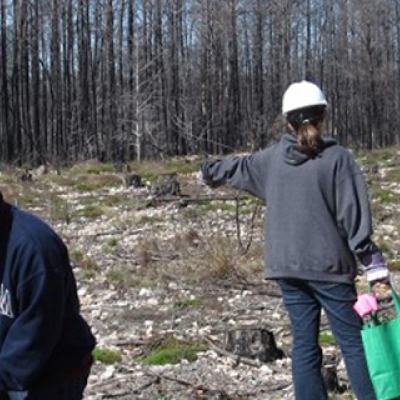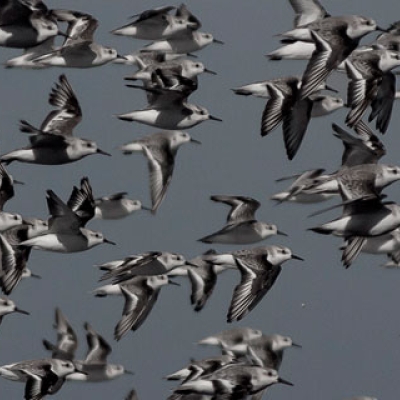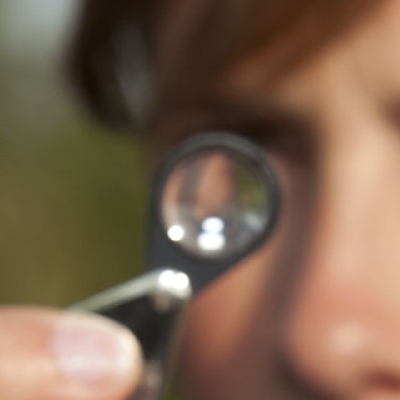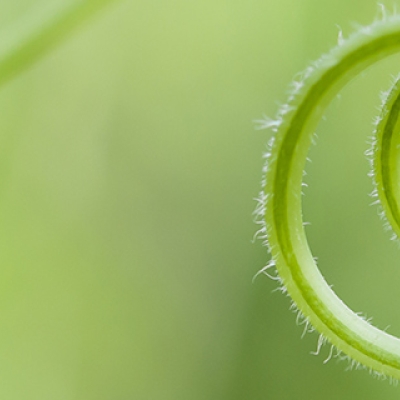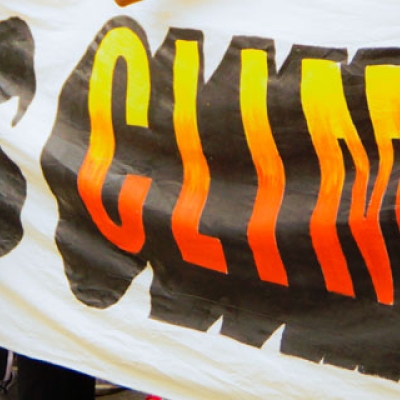
#ForewordFriday: Chico Vive Edition
By Meghan Bartels / On April 4th, 2014
Island Press is pleased to be co-sponsoring the 2104 Chico Vive conference at American University in DC this weekend. The conference brings together grassroots activists, NGOs, students, engaged scholars, applied scientists, policymakers, journalists, and others to discuss the development of the global grassroots environmental movement in the 25 years since environmental martyr Chico Mendes' death.

